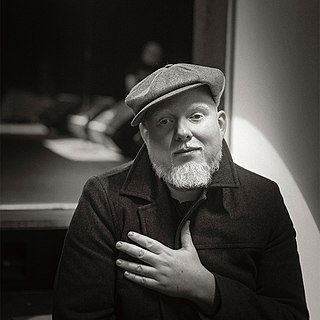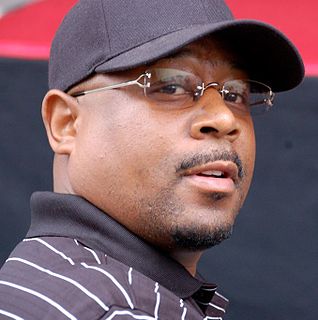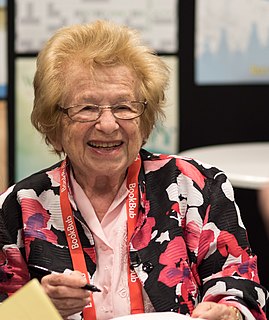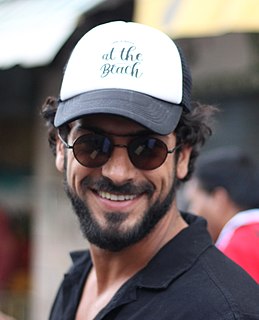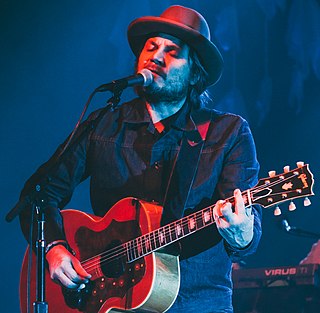A Quote by Anne Heche
I think it's always hard for children to talk about abuse because it is only memory. I didn't carry around a tape recorder … I didn't chisel anything in stone … Anybody can look and say, 'Well how do you know for sure?' And that's one of the most painful things about it. You don't.
Related Quotes
I believe that one of the most damning things about our culture is the adage to never talk religion and politics. Because we don't model this discourse at the dinner table and at Thanksgiving, we don't know how to do it well and we're not teaching our children about the world and about how to discuss it.
Own only what you can always carry with you: know languages, know countries, know people. Let your memory be your travel bag. Use your memory! Use your memory! It is those bitter seeds alone which might sprout and grow someday. Look around you - there are people around you. Maybe you will remember one of them all your life and later eat your heart out because you didn't make use of the opportunity to ask him questions. And the less you talk, the more you'll hear.
It's botherin' me, man. You know, you can't say this, you can't say that, I'm like, well, how am I gonna talk about the world? You know? I mean I need to talk about something to you all, can I - can I do it? Can I talk to y'all? I mean, I hope the kids are in bed, you know, because I got to talk, y'all.
On the contrary, it's because somebody knows something about it that we can't talk about physics . It's the things that nobody knows anything about that we can discuss. We can talk about the weather; we can talk about social problems; we can talk about psychology; we can talk about international finance gold transfers we can't talk about, because those are understood so it's the subject that nobody knows anything about that we can all talk about!
But this man had set down with a hammer and chisel and carved out a stone water trough to last ten thousand years. Why was that? What was it that he had faith in? It wasn't that nothin' would change. Which is what you might think, I suppose. He had to know better'n that. I've thought about it a good deal. . . And I have to say that the only thing I can think is that there was some sort of promise in his heart. And I don't have no intentions of carvin' a stone water trough. But I would like to be able to make that kind of promise. I think that's what I would like most of all.
We talk about how we think, believe, suspect Michael Jackson treats children. We don't talk about how WE treat child stars. Child stars are abused by the culture. And what's more treacherous than when the rewards of child stardom issue from the abuse?
Child stars are performers above all else. Whenever their triumps, they are going to make sure we see everyone of their scars. That's the final price of admission.
Mainly I got to know about the atmosphere in the East Germany and how people felt, because I never experienced it physically. You can't talk, because everywhere there's someone listening in on everything you say, and you might get things wrong and be questioned or they come up and say, "Well, actually, we want you to work for us and if don't, we'll pressure you," and stuff like that. Living in a country like that, how do you get around it and still keep your dignity? I think it's one of the main questions.
I don't think anything surprised me. It was very hard for me, this story, The Snack, as a father. I have family in the army in Israel, I know families that lose their children, and I think this is the most hard thing, is faith. Because what happens after death is always belief, it's always something that you don't have any answers about, and I think the movie helps you to understand that death is part of the life. It makes it more natural.
I think that were I in the middle of an obsession to write about, say, sudden oak death in California or my grandchildren or time and memory and how they look when you get to be in your sixties, and I thought, "Well, yes but people are dying every day in Baghdad," I wouldn't feel guilty about not writing about Baghdad if I didn't have any good ideas about how to write about it.



